News
Electricity Tariff Increase: List Of States To Start Generating Power (FULL LIST)
Amidst the electricity tariff increase, several states in Nigeria are gearing up to initiate power generation efforts, leveraging the newly enacted Electricity Act.

Amidst the electricity tariff increase, several states in Nigeria are gearing up to initiate power generation efforts, leveraging the newly enacted Electricity Act.
These proactive measures signal a pivotal shift towards decentralization and self-sufficiency in electricity provision, aiming to mitigate the impact of the tariff hike on consumers while bolstering the nation’s energy infrastructure.
In June 2023, President Bola Tinubu took a monumental step in addressing Nigeria’s electricity woes by signing the new Electricity Act into law.
VerseNews learnt that this legislation marked a significant departure from the previous framework, as it granted states the authority to generate, transmit, and distribute power within their territories.
VerseNews reports that the move came in response to widespread calls for reform, with many Nigerians advocating for the power sector to be removed from the federal government’s exclusive jurisdiction. The aim was to stimulate innovation, efficiency, and investment in the sector.
Following the enactment of the new law, several states wasted no time in embracing the opportunity to revamp their electricity infrastructure. Notable among them are Ekiti, Benue, Nasarawa, and Kano.
Ekiti State
Taiwo Olatunbosun, the Commissioner for Information, highlighted Ekiti’s commitment to leveraging the new law to attract investors and improve the lives of its citizens. The state had already made strides in power generation and transmission through its Independent Power Project (IPP).
Benue State
Omale Omale, the Commissioner for Power and Transport, revealed Benue’s plans to establish its power-generating firm. The state government had initiated transmission programs and policies to facilitate the implementation of the new electricity law.
Nasarawa State
The government of Nasarawa State forged a partnership with the Nigeria Off-Grid Market Acceleration Programme to drive energy projects aimed at enhancing electricity supply. Ibrahim Abdullahi, Managing Director of the state’s Investment and Development Agency, emphasized the strategic importance of this collaboration in achieving the state’s economic objectives.
Kano State
Kano State expressed readiness to boost power generation for its populace and industries. The state had made significant progress in completing two independent power projects initiated a decade earlier. Sanusi Tofa, Director-General of Media and Publicity, highlighted the advanced stage of these projects and the government’s commitment to their timely completion.
Additionally, several other states, including Kebbi, Osun, Ondo, Zamfara, Sokoto, Oyo, Edo, Kaduna, and Enugu, signaled their preparedness to embrace the reforms and enhance electricity provision within their jurisdictions.
In parallel, Lagos communities experiencing extended hours of electricity, classified under Band A, were subject to a revised tariff of N225 per kilowatt-hour, as per Ikeja Electric’s tariff adjustments. This move aimed to rationalize electricity pricing while ensuring fair distribution and sustainable service provision.
The transition to the new electricity landscape signifies a critical juncture in Nigeria’s quest for reliable and accessible power supply, with the hope that decentralized governance will spur innovation, investment, and ultimately, address the longstanding challenges plaguing the sector.




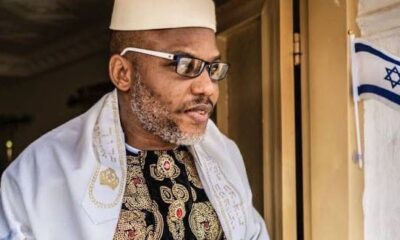



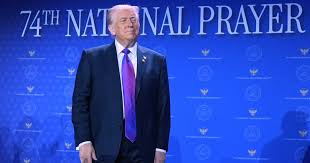



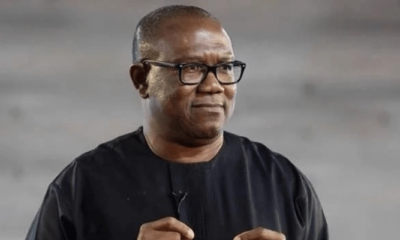

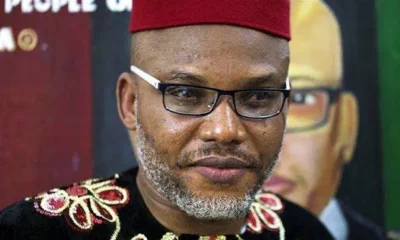

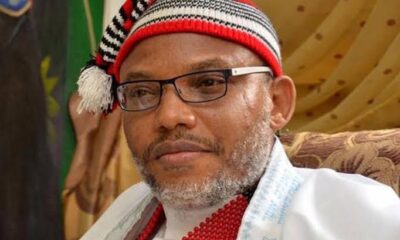



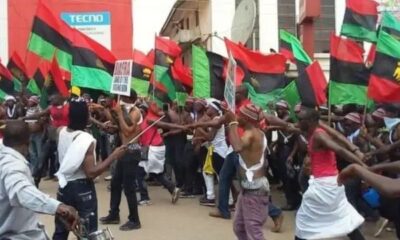

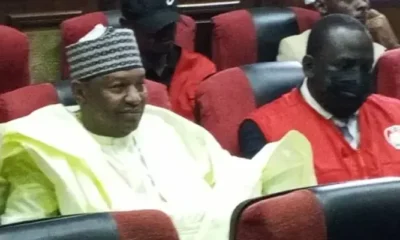

You must be logged in to post a comment Login